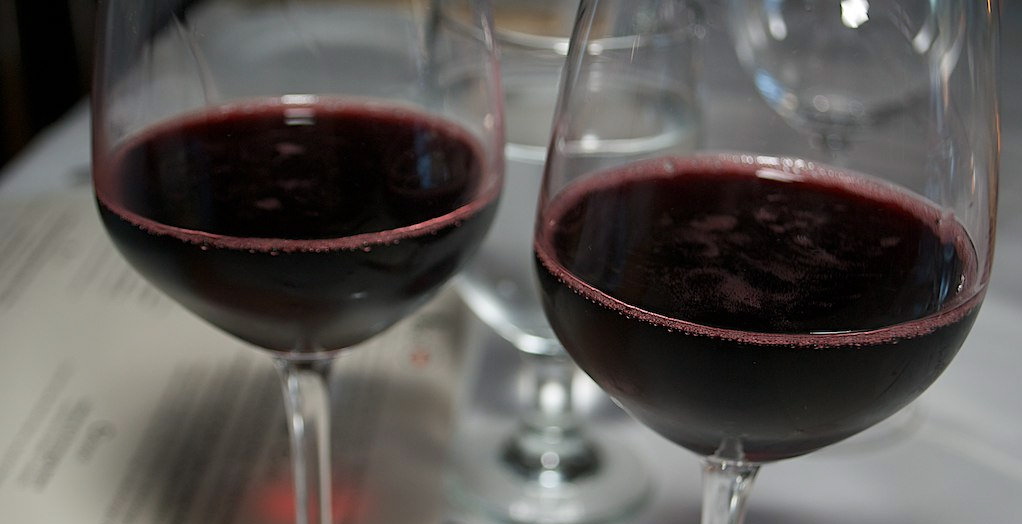
From heart protection to cancer prevention to increased lifespan, red wine has been touted as having beneficial effects on health, and these benefits have been largely attributed to a single antioxidant substance - resveratrol. But what exactly is resveratrol and does it really offer any significant health benefits?
Resveratrol is a type of polyphenol, a chemical compound produced naturally by certain plants as a defensive response to injury or attack by environmental toxins, bacteria and fungi. It’s found in a variety of foods such as peanuts, cocoa, and mulberries, but resveratrol's most abundant natural sources are Vitis vinifera, labrusca, and muscadine grapes, which are used to make wine. It‘s most highly concentrated in the skin of the grapes, but can be present in the vines, roots, seeds, and stalks as well. The amount of resveratrol found in the plant will depend on several factors, including the geographic origin of the plant and whether or not it has been exposed to fungal infection. Since fungal infections are more prevalent in cooler climates, grapes grown in cooler regions tend to display higher concentrations of resveratrol.
When it comes to wine, the resveratrol content is directly related to the amount of time the grape skins are present during the fermentation process. Because of this, higher levels of the compound will be found in red wine as opposed to white wine since during white wine production the skins are removed at an earlier stage.
The possible health benefits attributed to consuming moderate quantities of red wine has been a hot topic of discussion and debate since the 1980s, when researchers identified the “French paradox” – a catchphrase coined referring to the observation that the French have lower levels of heart disease despite having a diet high in saturated fat. Some experts suggested that high rates of red wine consumption among the French explained this paradox, and further research has shown that moderate consumption of any type of alcohol, not just red wine, does have beneficial effects on one’s health. Studies have shown that alcohol consumed in moderation can raise HDL or “good” cholesterol, reduce the formation of blood clots, prevent artery damage, and lower blood pressure.
While those who drink moderate amounts of red wine seem to have a lower risk of heart disease, the most recent study from 2014 shows that this is not due to the resveratrol in the wine. Dr. Richard Semba, the professor at Johns Hopkins University School of Medicine who conducted the study reveals, “We looked at the relationship between resveratrol levels and a lot of health outcomes that are thought to be related to resveratrol, such as cancer and heart disease and lifespan. And we found no relationship.” The researchers monitored 783 men and women over the age of 65 and analyzed who survived and who died over a period of nine years and in relation to their individual levels of resveratrol. It should be noted that the participants’ resveratrol came solely from their diets, which provides extremely slim, almost negligible amounts of resveratrol compared to the quantity found in supplements. Dr. Semba adds, “When it comes to diet, health and aging, things are not simple and probably do not boil down to one single substance, such as resveratrol."
Other experts seem to agree. Senior clinical nutritionist at New York University Medical Center Samantha Heller says, "A quick search of the medical literature finds that many of the current studies done with resveratrol have been done in test tubes or in animals. This study, in humans, seems to indicate that an increased consumption of foods that contain resveratrol, such as red grapes and wine, does not affect long-term health over nine years. It may be that the effects of dietary resveratrol are not evident in this time period."
While further research and additional studies need to be conducted to fully understand the benefits resveratrol may have to offer, in the meantime the American Heart Association recommends an average of one to two drinks per day for men and one drink per day for women. Cheers to that!










